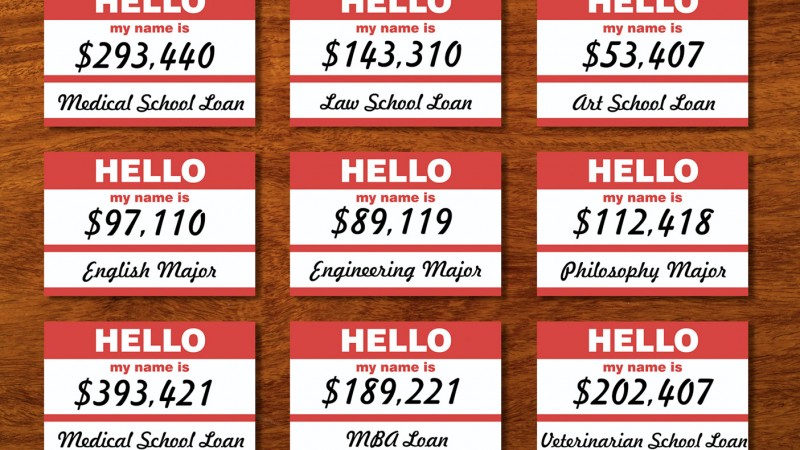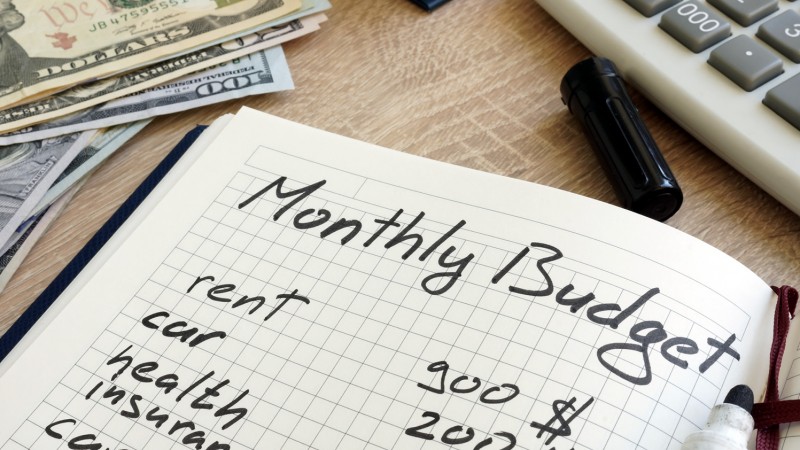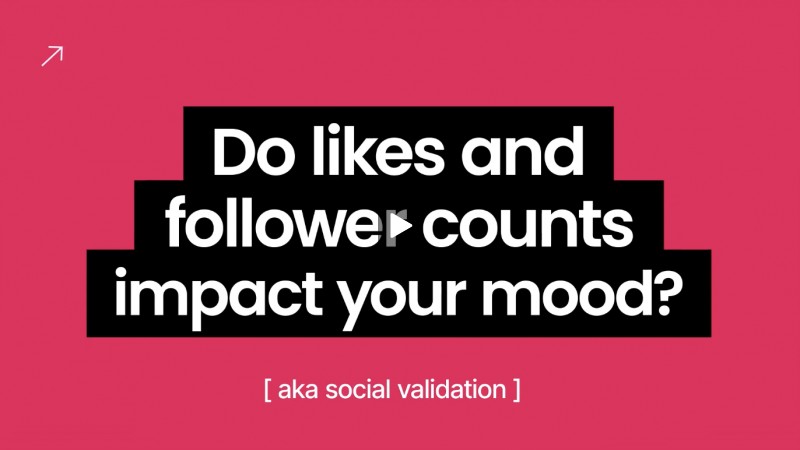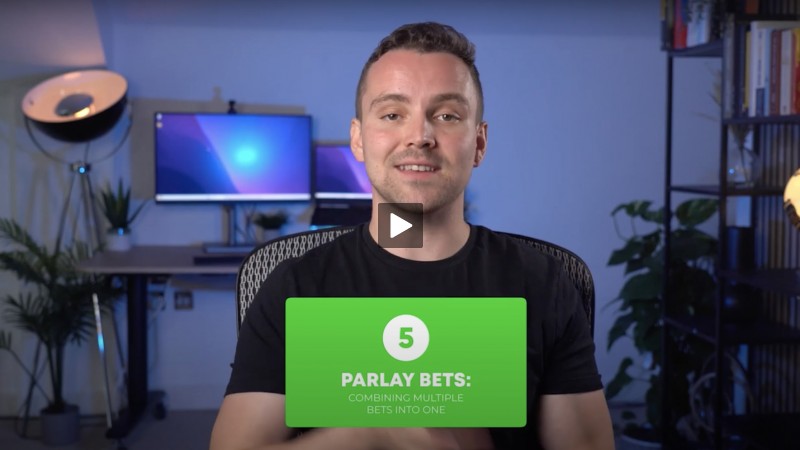Are You a Sucker for Student Loans?
- Details
- Written by Rachel van Geenhoven
- Category: Articles

There's a chance (some say a good chance) that in the near future, student loans will be forgiven and universities will be free for all students. That would be great, sure—but we can't count on that, and in the meantime, you're thinking about college or trade school!
It's worth taking some time, effort, and ingenuity to figure out how to make it work for you.
You're always hearing about people who have been paying their student loans for ten years and still owe twice as much as they borrowed. You can feel sorry for them or laugh at their bad choices, but you don't want to *be* them either way.
Is it EVER a good idea to get into debt to get an education? How in the world are you supposed to afford it otherwise?
Well, the short answer is, maybe you should, maybe you shouldn't.
Here's the long answer.
What other choice do you have? Seriously though. Have you looked into federal grants, aka free college cash? All you have to do to snag this very helpful dough is fill out a FAFSA. If your parents make too much money, you may not qualify—not a bad way to guilt them into giving you some funds, eh? Kidding. Kind of. OTOH if you're 25 or older, or they're not in the picture for whatever reason, their income doesn't count. So maybe wait a few years?
Oh, and watch out for sites that say they will "help you" apply for federal grants and loans for a fee. You don't need their help! Make sure you're at an official .gov site and follow the on screen instructions. There may even be an organization near you with volunteers who help with these applications.
Anything you qualify for that doesn't require you to pay it back is king. Work study? Yes please. Grants, definitely. Loans you're gonna take on a case-by-case basis.
Scholarship
First, make sure you've searched high and low for scholarships. Maybe you or one of your parents works for a company that hands out cash for college. Have you taken all of the standardized tests that could help you qualify? If you've only taken the ACT make sure you take the SAT as well—there are specific funds just for students that do well on it!
Even if your GPA and test scores aren't stellar, you may be able to find a scholarship where things like your life circumstances, your ethnic background, your interests and talents and/or your essay are weighted more heavily. Don't assume—search!
But grant money comes in pretty modest amounts. It's not gonna cover your full tuition at certain posh schools, out of state schools etc.
Is This School Worth It?
Which brings us to the second point: Is this school worth it?
If the price tag is high, the only thing you should trust is the hire rates of their graduates. How much do people in your field get paid after they graduate? Do some research. If it's a big name school and they consistently place grads in posh positions, go for it.
If it's a for-profit school with a high price tag, chances are they're out to scam you. But if they have multiple graduates you can personally talk to who are working their dream job now because of said school just be really sure they didn't hire actors, because for-profit schools tend to be pretty fishy.
Trade schools are good! There are lots of good paying jobs out there that you can train for through trade school. And don't forget apprenticeships!
If you're looking at a community college or trade school with a decent reputation and modest tuition, it all comes down to how much it costs vs. how much you can plausibly make after you graduate. (It's almost always worth it to do you first two years at a community college if you can transfer to a university after. You'll still have the impressive degree but your costs will be much lower.)
Okay. So you've picked a school, you're down and ready to pay for it (plus interest),so let's take a look at your borrowing options, because not all loans are created equal. Federal subsidized loans are some of the best loans you can get, with fixed low interest rates and interest paid for you until a little while after you graduate. If you're going to get a loan, this is the kind you want, and it requires the FAFSA too.
The second best kind are Federal Unsubsidized loans (which should also have a fixed, low interest rate of 6%), and after that, if you can qualify, a personal loan from a credit union may be a good option.
Know What You're Geting Into!
Don't dive blind into a life of $500+/month repayments until you die. Find a loan calculator and do the math! Understand exactly what kinds of sacrifices it would take to make it all work. Read all the terms and know what will happen if you can't make a payment (or four.) Don't just assume because you'll have a higher income you can pay it later.
All that said, developing your skills and knowledge is wonderful. It's worth taking some time, effort, and ingenuity to figure out how to make it work for you. So go for it! Learn, grow, improve your prospects!


































